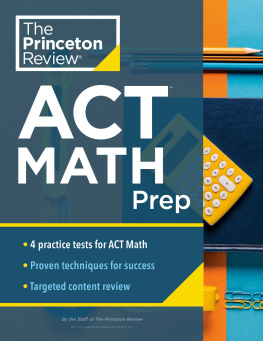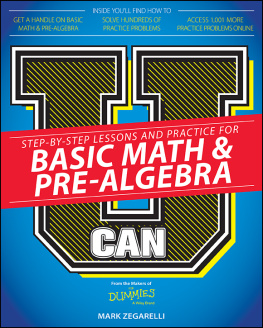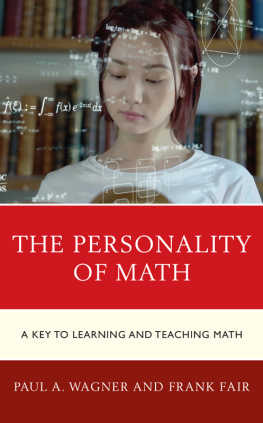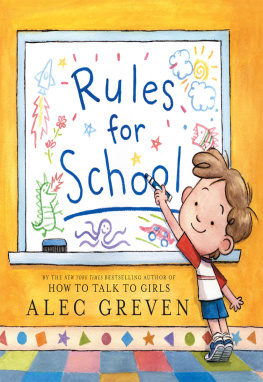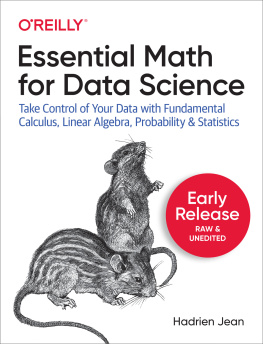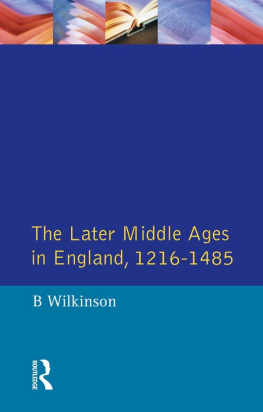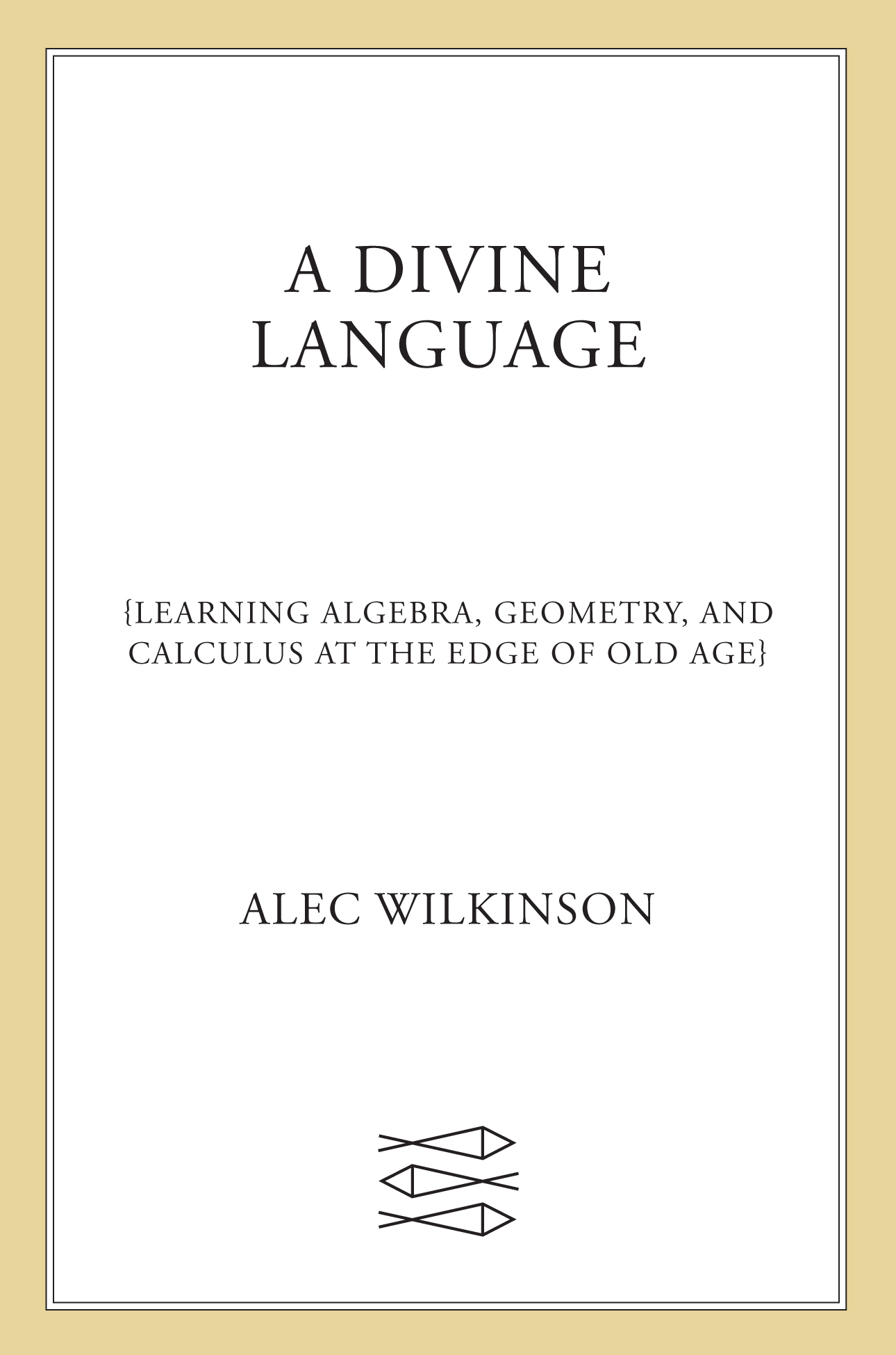Alec Wilkinson - A Divine Language: Learning Algebra, Geometry, and Calculus at the Edge of Old Age
Here you can read online Alec Wilkinson - A Divine Language: Learning Algebra, Geometry, and Calculus at the Edge of Old Age full text of the book (entire story) in english for free. Download pdf and epub, get meaning, cover and reviews about this ebook. year: 2022, publisher: Farrar, Straus and Giroux, genre: Art. Description of the work, (preface) as well as reviews are available. Best literature library LitArk.com created for fans of good reading and offers a wide selection of genres:
Romance novel
Science fiction
Adventure
Detective
Science
History
Home and family
Prose
Art
Politics
Computer
Non-fiction
Religion
Business
Children
Humor
Choose a favorite category and find really read worthwhile books. Enjoy immersion in the world of imagination, feel the emotions of the characters or learn something new for yourself, make an fascinating discovery.

- Book:A Divine Language: Learning Algebra, Geometry, and Calculus at the Edge of Old Age
- Author:
- Publisher:Farrar, Straus and Giroux
- Genre:
- Year:2022
- Rating:3 / 5
- Favourites:Add to favourites
- Your mark:
A Divine Language: Learning Algebra, Geometry, and Calculus at the Edge of Old Age: summary, description and annotation
We offer to read an annotation, description, summary or preface (depends on what the author of the book "A Divine Language: Learning Algebra, Geometry, and Calculus at the Edge of Old Age" wrote himself). If you haven't found the necessary information about the book — write in the comments, we will try to find it.
A New York Times Book Review Editors Choice
Wilkinson has accomplished something more moving and original, braiding his stumbling attempts to get better at math with his deepening awareness that theres an entire universe of understanding that will, in some fundamental sense, forever lie outside his reach. Jennifer Szalai, The New York Times
There is almost no writer I admire as much as I do Alec Wilkinson. His work has enduring brilliance and humanity. Susan Orlean, author of The Library Book
A spirited, metaphysical exploration into maths deepest mysteries and conundrums at the crux of middle age.
Decades after struggling to understand math as a boy, Alec Wilkinson decides to embark on a journey to learn it as a middle-aged man. What begins as a personal challengeand its challengingsoon transforms into something greater than a belabored effort to learn math. Despite his incompetence, Wilkinson encounters a universe of unexpected mysteries in his pursuit of mathematical knowledge and quickly becomes fascinated; soon, his exercise in personal growth (and torture) morphs into an intellectually expansive exploration.
In A Divine Language, Wilkinson, a contributor to The New Yorker for over forty years, journeys into the heart of the divine aspect of mathematicsits mysteries, challenges, and revelationssince antiquity. As he submits himself to the lure of deep mathematics, he takes the reader through his investigations into the subjects big questionsnumber theory and the creation of numbers, the debate over maths human or otherworldly origins, problems and equations that remain unsolved after centuries, the conundrum of prime numbers. Writing with warm humor and sharp observation as he traverses practical maths endless frustrations and rewards, Wilkinson provides an awe-inspiring account of an adventure from a land of strange sights. Part memoir, part metaphysical travel book, and part journey in self-improvement, A Divine Language is one mans second attempt at understanding the numbers in front of him, and the world beyond.
Alec Wilkinson: author's other books
Who wrote A Divine Language: Learning Algebra, Geometry, and Calculus at the Edge of Old Age? Find out the surname, the name of the author of the book and a list of all author's works by series.

